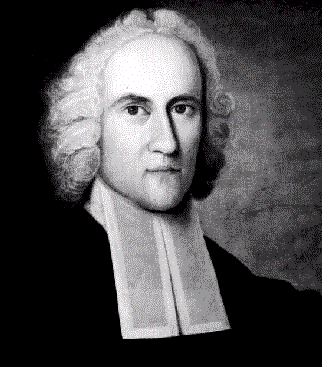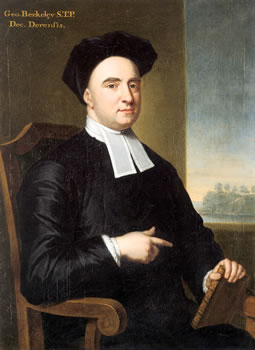
 During my spring semester, freshmen year, I was sitting in my history of philosophy II course, listening to Dr. Jim Spiegel discuss John Locke's theory of perception: We experience the world in terms of primary qualities and secondary qualities. Primary qualities would include bulk, figure, texture, and motion. Secondary qualities would include colors, smells, tastes etc. All qualities are experienced by humans who derive ideas from them, simple and complex ideas.
During my spring semester, freshmen year, I was sitting in my history of philosophy II course, listening to Dr. Jim Spiegel discuss John Locke's theory of perception: We experience the world in terms of primary qualities and secondary qualities. Primary qualities would include bulk, figure, texture, and motion. Secondary qualities would include colors, smells, tastes etc. All qualities are experienced by humans who derive ideas from them, simple and complex ideas.A question about how humans experience the world should naturally come up about the world itself. There needs to be something underlying these qualities, upholding them. Locke called this underlying thing a "material substratum." It is non-experiential and non-observable. Locke postulates that it exists because there needs to be something underlying all these qualities. They can't just sit out there without anything upholding them. How else can they have regularity and unity?
Locke's Doctrine was heavily critiqued by a bishop, an Irish bishop, named George Berkeley. (note: Berkeley was a man of the church, Locke was not and in fact was unorthodox. Theologians should take special not of that point! Irish people should take note that Berkeley is Irish.) Berkeley attacks Locke (And representationalist realism) on two key points. First, why do we need to postulate that there is a material substratum? Locke's make-up of the world (ontology) includes: minds, ideas and substratum. Berkeley argued that there is no need for a mysterious material substratum because its purpose is fulfilled by God. He upholds the universe by his thoughts. Unity and continuity in the physical world can be explained by saying that they are God's thoughts and their existence stems from him as ideas. Second, Berkeley attacked Locke by saying that you don't even know anything about this material substratum. If everything is known by experience, how do you know this thing exists? You can't in Locke's system.
So, according to Berkeley, the reality is made up of minds and ideas. There are two types of minds, finite and infinite minds. There are two types of ideas: real ideas and imaginary ideas. Humans are finite minds. God is an infinite mind. A real idea would be an idea that is contained in the mind of God and an imaginary idea would be an idea that we make up in our heads (imagine sci-fi horrifying monster.) Real ideas are public, imaginary ideas are private. A real idea would be the black phone right next to my computer screen. These ideas stem from God.
That's not too bad, esoteric and irrelevant to our regular lives, but wait. The repercussions of this is "esse est percipi," (To be, is to be perceived.). What? In order to exist, you must be perceived. That's odd. That means if a tree fell in the woods and no one perceived it hitting the ground, there would be no sound of it falling and in fact, there would be no tree. The reason, though, that we find trees laying on the ground with the appearance that they have fallen from their standing position is not just because you or some other finite mind perceived them. Rather it is because God perceived them, as an infinite mind, they did fall and with a noise.
In order for ideas to exist they must be contained in a mind. Ideas are mind-dependent. The physical world is made up of ideas and so the physical world is mind-dependent. It may appear that an idealist is a relativist (claiming their are no absolute truths) because all ideas are mind-dependent. That's not true. (Get it? hehe) For one, the idealist is making a universal claim about reality in actuality. For another, the only thing that is different for the idealist as opposed to the representative realist, is that the world is made up of all ideas. It does not say that all ideas are relative to the observer. It says the world is made up of ideas and is mind-dependent. My experience of reading this experience is similar to yours. The reason being, we are observing the same ideas which are God's ideas. (the black color against the white screen, the squiggly lines, the meaning derived.)
In my next post I will offer some more detailed objections to Bereklian idealism.


